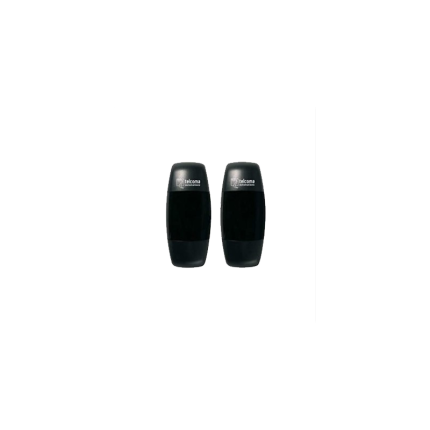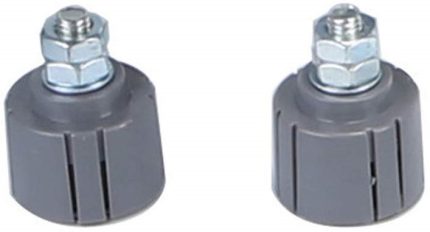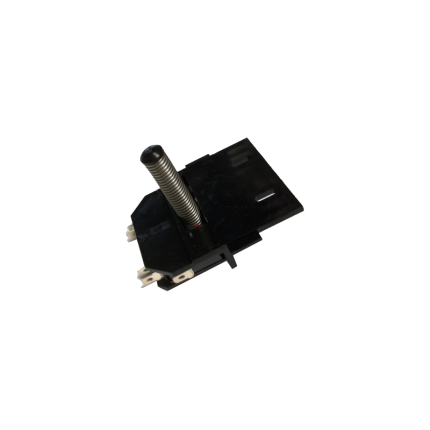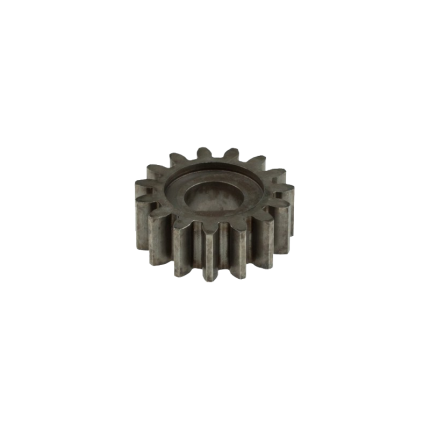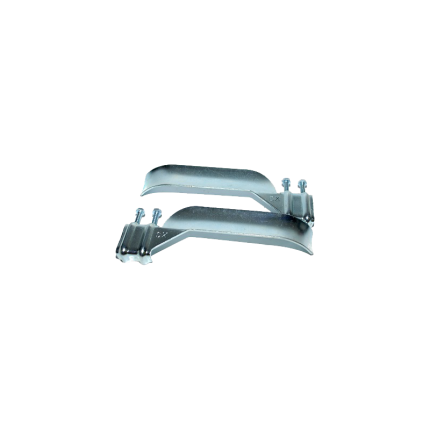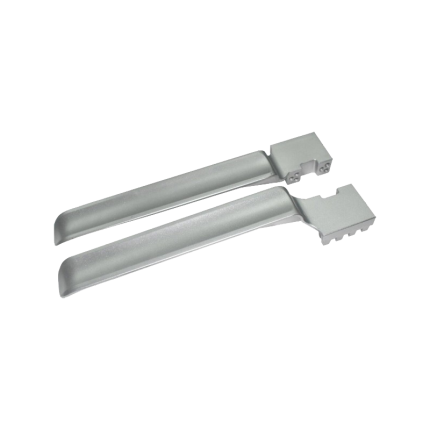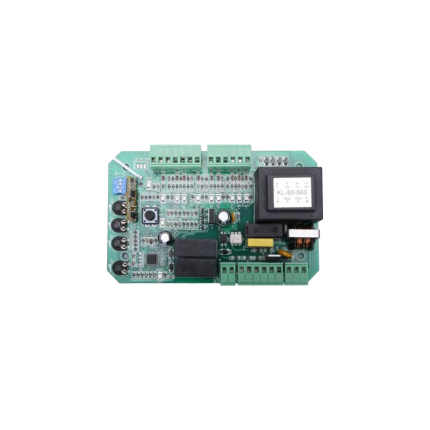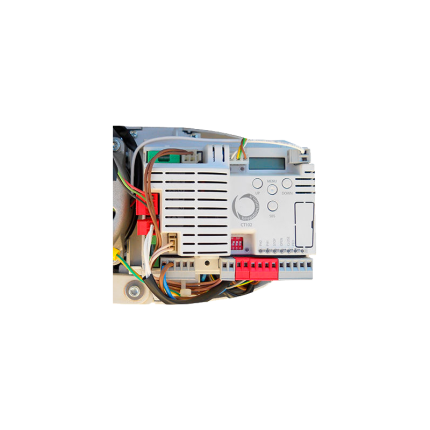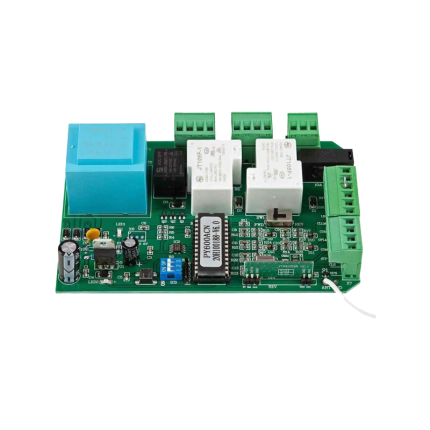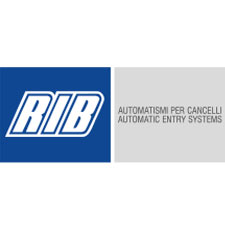Accessories
Safety sensor VEDO180
Ship or pick up from our office.
Safety sensor VEDO180
*NO/NC *AC/DC 12-24 V *Receiving Range: 25 Meters *IP 44Sliding gate operator limit sensor – Magnetic mechanism
Ship or pick up from our office.
Sliding gate operator limit sensor - Magnetic mechanism
A sliding gate operator limit sensor, often a limit switch, is a crucial component that signals the gate operator when the gate has reached its fully open or fully closed position, stopping the motor and preventing over-travel. These sensors ensure the gate stops at the correct positions, preventing damage to the gate and surrounding structure.
Here's a more detailed explanation:
-
Function:Limit sensors, like limit switches, detect when the gate reaches its extreme open or closed positions.
-
How it works:When the gate reaches the limit, the sensor sends a signal to the gate operator's control board, which then stops the motor.
-
Importance:Without limit sensors, the gate might continue to move, potentially hitting the end posts or other obstructions, causing damage.
-
Types:Common types include magnetic limit switches and photoelectric sensors (photo eyes).
-
Magnetic Limit Switches:These utilize magnets placed on the gate and a magnetic sensor on the operator. When the magnet aligns with the sensor, it triggers the limit switch.
-
Photoelectric Sensors (Photo Eyes):These use infrared beams to detect obstructions. When the beam is broken (e.g., by the gate), the sensor signals the operator to stop.
-
Installation:Proper installation and adjustment of limit sensors are crucial for the reliable operation.
-
Maintenance:Regular inspection and maintenance of limit sensors are recommended, as they can wear out or become misaligned over time.
Sliding gate operator limit sensor – Spring mechanism
Sliding gate operator’s gear
Sliding gate operator’s gear
Sliding gate operator’s limit sensor – Spring mechanism
Sliding gate operator’s limit stopper brackets
Ship or pick up from our office.
Sliding gate operator’s limit stopper brackets
The gate operator system with a damaged limit stopper bracket can not work properly, and it will soon stop working. Most of the time, the main control board and the motor will be damaged because of this issue and have to be replaced. Sometimes errors come from the limit stopper bracket not working because they are damaged and they need only to be cleaned or readjustment.A sliding gate operator limit stopper bracket is a component that works with limit switches to prevent a sliding gate from over-extending its travel, ensuring it stops at the desired open and closed positions.
These brackets typically hold magnets or other sensor components that interact with the limit switches on the gate operator's control board. They help maintain the gate's smooth and safe operation by preventing it from hitting obstructions or going off its track.
Here's a more detailed explanation:
-
Purpose:The primary function of the limit stopper bracket is to define the boundaries of the gate's movement. It ensures the gate stops at the fully open and fully closed positions, preventing it from over-traveling.
-
How it works:The bracket holds a magnetic or other type of sensor that is triggered when the gate reaches its limit. This trigger sends a signal to the gate operator's control board, which then stops the motor.
-
Components:
- Bracket: The physical structure that holds the sensor.
- Sensor: A device (often a magnet) that interacts with the limit switch.
- Limit Switch: A switch on the gate operator's control board that is activated by the sensor.
- Bracket: The physical structure that holds the sensor.
-
Importance:
- Safety: Prevents the gate from hitting objects or going off track, reducing the risk of damage or injury.
- Reliability: Ensures consistent and reliable gate operation by defining the travel limits.
- Protection: Protects the gate, operator, and surrounding objects from damage due to over-travel.
- Safety: Prevents the gate from hitting objects or going off track, reducing the risk of damage or injury.

